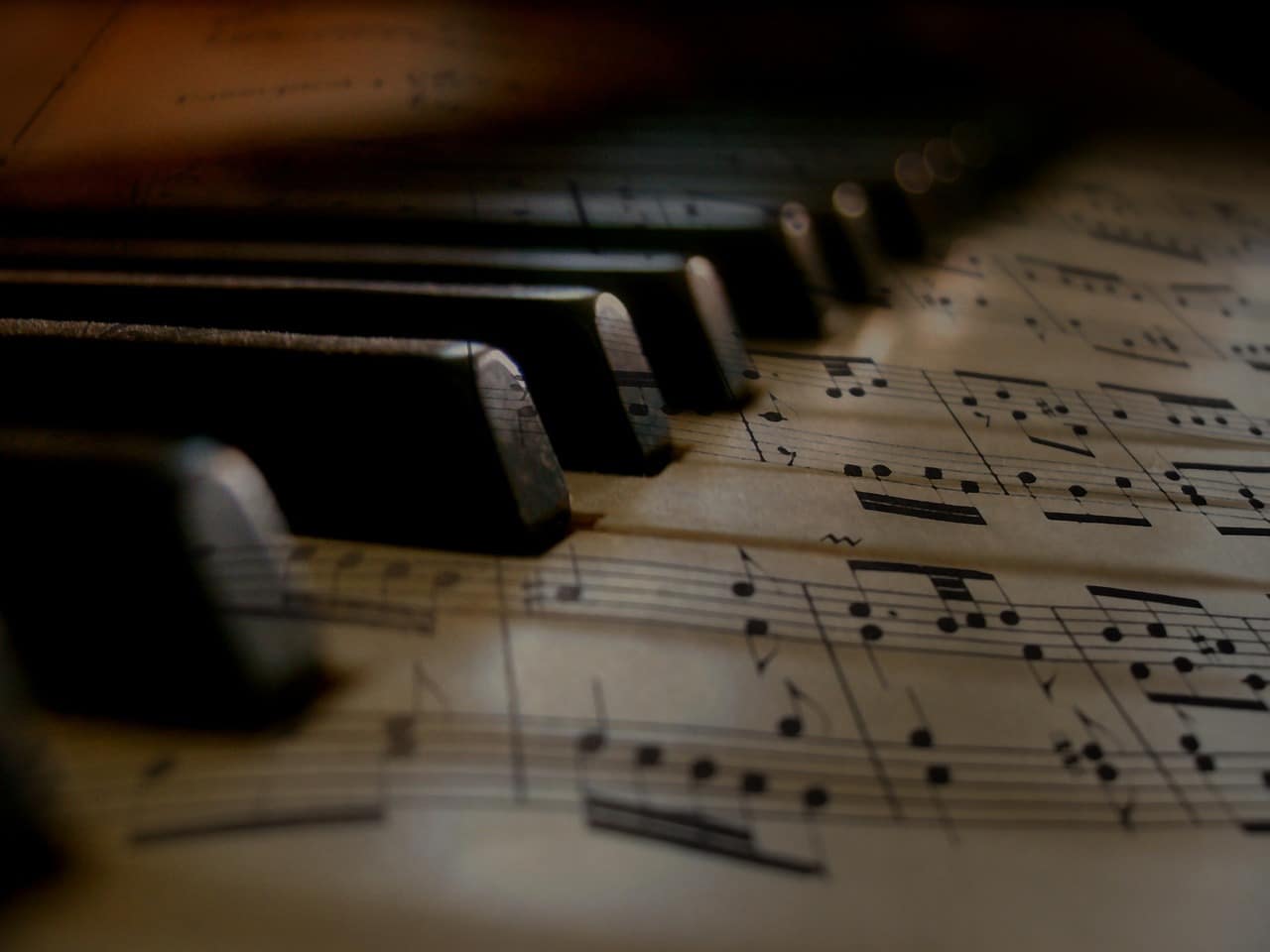
Musical intelligence is complemented by linguistic intelligence when making musical arrangements or songs, as well as with bodily intelligence when dancing following a rhythm.
Musical intelligence is, according to the theory of multiple intelligences that a university professor, researcher and psychologist named Howard Gardner promoted decades ago, one of the many capacities that humanity as a whole develops.
In this case, it refers to the ability to make a rhythm , a melody or a musical form a means of expression, being able to perceive, feel and understand music . It is positive, to fully deploy musical intelligence , to have good hearing , that is, optimal perception at the auditory level and a cultural influence that guides knowledge and preferences.
It cannot be denied that music is a very ancient art in constant evolution and transformation that has achieved a unique language. This genre with aesthetic purposes transcends borders, generations and eras, feeding a gigantic commercial industry but at the same time enriching culture and contributing to the expression and health of human beings. Thanks to the musical intelligence of crowds, everything from classical music to electronic music has been created, with unconditional audiences in both cases. The range is wide and varied: that is why there is blues , jazz , rock , hip-hop , reggae , ethnic music , opera , etc. available to all those who wish to discover them, appreciate them, compare them and enrich them with personal contributions.
Keys to musical intelligence
The keys to musical intelligence combine an innate predisposition for musical appreciation with tools to direct artistic gift through theoretical teaching and practical experimentation.
From an early age, musical intelligence can be manifested and shaped, and it can be strengthened throughout each stage of existence from the role of listeners to songs of numerous styles, taking dance , singing or musical instrument classes and learning a language in order to expand the chances of understanding foreign topics. Likewise, playing songs, listening to the radio and attending recitals or similar events helps educate and reinforce musical sensitivity.
A high level of musical intelligence is connected with the ability to distinguish multiple sounds and detect out-of-tune sounds and with the interest and ease in playing different musical instruments . The person who enjoys great musical intelligence can also show talent for musical composition or amaze through their musical memory .
Likewise, the creative acuity typical of this field is reflected in the expertise in musical production and the agility regarding the elaboration of a musical piece , quickly understanding musical notation and easily understanding the figures and signs present in a staff .

Singing helps exercise memory, lowers stress levels and benefits lung capacity, to list some of its advantages.
Learning and development of musical skills
The learning and development of musical skills are important for musical intelligence to reach its maximum peak and make composers , performers, singer-songwriters and members of orchestras, musical bands or choirs who master various instruments or sing stand out, for example.
According to the interests, aspirations and possibilities of each person, actions can be implemented and activities chosen to cultivate the passion for music from different angles. If the intention is to train in a comprehensive way and be a well-prepared professional artist, it will not be enough with theoretical questions linked to the history of music or to amaze only with an excellent vocal technique .
Among the tactics to consider when improving and promoting musical intelligence are auditory training , improvisation , learning one or more instruments, singing, participating in choirs or musical ensembles and coming into contact with as many styles as possible. musicals .
With a base of support, it is easier to recognize one's own abilities and select modes and spaces that promote personal safety and comfort. Thus, then, while some enjoy listening to or generating popular music , others concentrate their energies in the world of romantic music .
Shining in front of a drum kit is a merit that not many necessarily achieve, but doing magic with a guitar or using a piano is not an inherent virtue of the human species either: you have to have a gift for it and train to obtain excellent results. Everything must be learned, trained and maintained if you want to cultivate and assert intelligence at a musical level .

The violin is a string instrument that shines in orchestras.
Application of musical intelligence
The application of musical intelligence transcends the recording industry. Nor is it limited to the musical pedagogy typical of academic environments to motivate and educate students. Of course, musical intelligence is essential to teach and/or understand tessitura , music theory and other issues related to music, although it is not limited to two or three fields of application.
Musical intelligence is an ally, and an essential trait, for music therapy or musical therapy that aims to benefit someone through musical expression. In this framework, listening, movement and singing are encouraged in order to lift spirits and strengthen both physical and mental health.
Devoting oneself to musical criticism, achieving objectivity and foundations to give opinions and judge, also requires musical intelligence , as happens to those who choose to carry out activities linked to the field of sound engineering .
